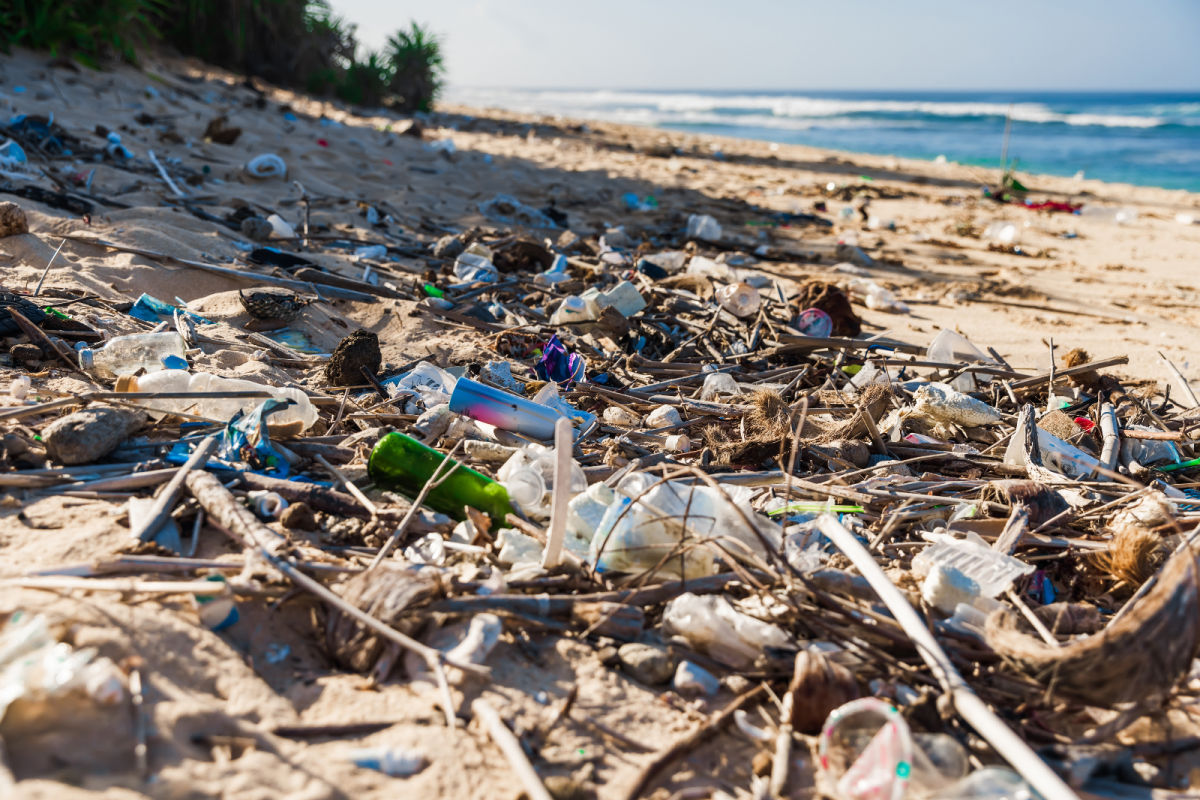The Indonesian Ministry of Tourism is set to accelerate the roll-out of its Clean Tourism Movement 2025 in Bali. As a popular tourist destination known for its stunning beaches and vibrant culture, Bali is stepping up its efforts to maintain clean and inviting environments for both local residents and visitors alike.

Understanding the Clean Tourism Movement
This government-led initiative is already making waves in other beautiful locations across Indonesia, such as Lake Toba, Borobudur, Mandalika, and Labuan Bajo. By implementing similar strategies in Bali, officials aim to combat the increasing plastic waste that’s been a persistent issue, particularly on family-friendly beaches like Kuta and Jimbaran.
During a community clean-up event on Kuta Beach, Fadjar Hutomo, a top civil servant for the Minister of Crisis Management, addressed the media. He shared insights about the environmental challenges faced by Bali, indicating that the seasonal trash washes up on shore primarily due to geographic factors rather than shortcomings in local waste management. “Geographically, Indonesia is currently experiencing a west wind season, and Bali is no exception. The garbage at Kuta Beach is essentially garbage sent from the sea due to the season,” he explained.
Community Involvement: A Collective Responsibility
While conducting clean-up operations is crucial, it’s equally important to acknowledge the role of the government in improving waste management practices. Hutomo emphasized the necessity for collaboration between the Ministry of Environment and the Ministry of Tourism to address these ongoing issues. “We must work together to mitigate waste in tourism destinations, an issue that has persisted year after year,” he stressed.
Civic Leadership at the Forefront
During the clean-up initiative, local political leaders joined forces with the community to tackle the waste problem head-on. Notable figures present included the Regent of Badung, Nyoman Giri Prasta, the Indonesian Minister of Tourism, Widiyanti Putri Wardhana, and the Minister of Food, Zulkifli Hasan. Each highlighted the importance of collective effort in overcoming this environmental challenge.
Hanif Faisol Nurofiq, the Minister of Environment, shared an unwavering commitment: “We will supervise the waste situation at Kuta Beach until April and intervene as necessary with tools and funding.” This proactive approach is a refreshing and affirmative step toward maintaining Bali’s pristine beaches.
Bali: A Community United Against Plastic Waste
The collective effort seen on Kuta Beach was not an isolated incident. Similar initiatives took place on Kedonganan Beach and Jimbaran Beach, showcasing how local NGOs like Sungai Watch are making significant impacts. During their recent clean-up, they reported collecting 25 tons of waste in just a week, calling attention to the urgent need for sustained action.
Luh Putu Anggita Baruna Putri, Sungai Watch’s Community Manager, poignantly remarked, “This year, the garbage was the worst I’ve seen in 30 years. We truly need the government’s help to implement effective waste management rules.” Her sentiments resonate with many who are passionate about preserving Bali’s natural beauty.
Practical Advice for Tourists and Residents
If you find yourself in Bali, here are some practical ways you can contribute to the Clean Tourism Movement:
- Participate in Local Clean-Ups: Join local initiatives to keep beaches clean. It’s a great way to meet others and support the community.
- Reduce Plastic Use: Carry reusable bags, bottles, and straws to minimize waste during your travels.
- Spread Awareness: Share your experiences on social media to inspire others to take part in preserving Bali’s unique environment.
Bali’s enchanting shores can only remain a paradise with shared responsibility. With the Clean Tourism Movement turning into a reality, it’s an exciting time for both locals and visiting tourists to unite and ensure these beaches thrive for generations to come!






